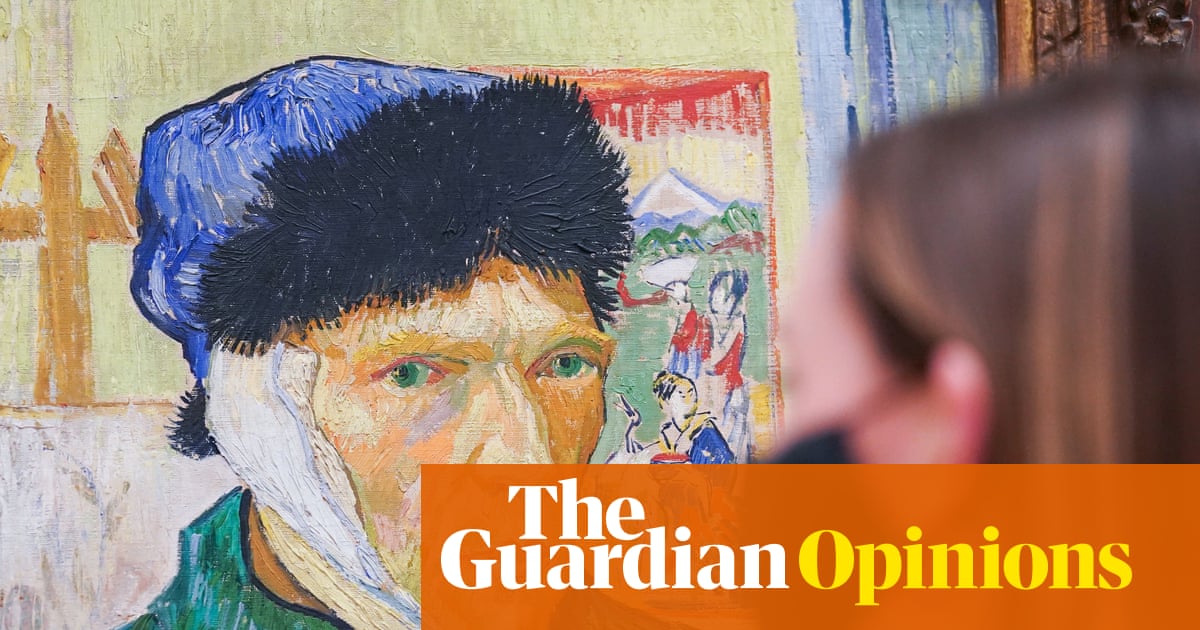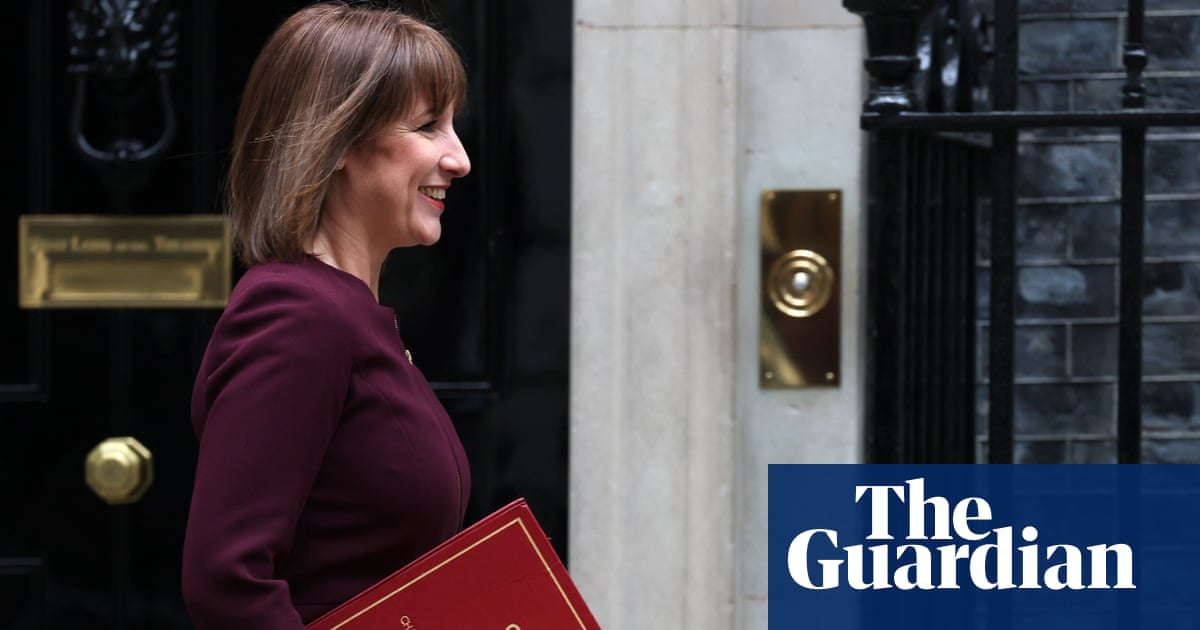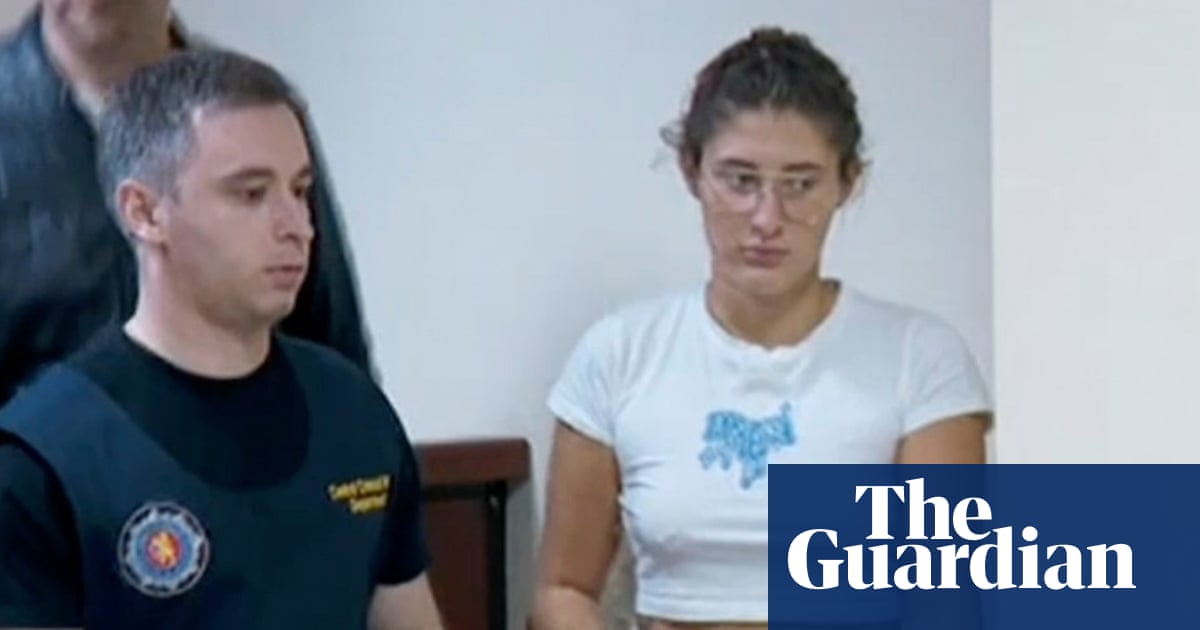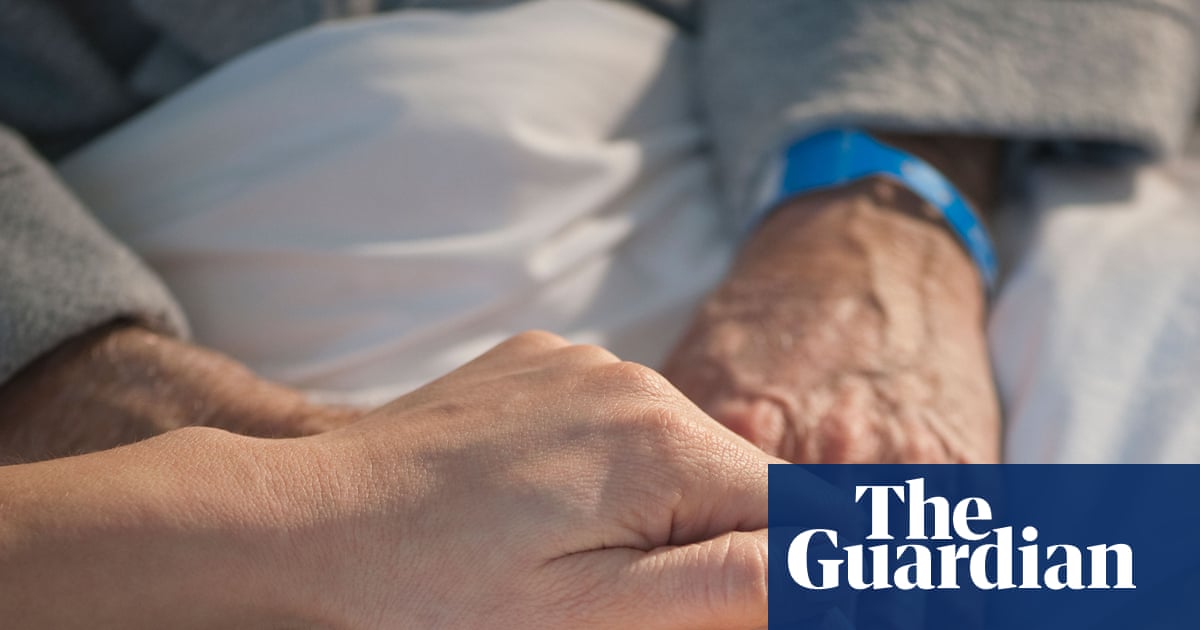The questions come fast and furious: “Why only girls?”, “will it affect her periods?”, “can it cause infertility?”, “is it halal?” Inside the airy sports hall of Khatoon-e-Pakistan government girls’ school, the pupils in their crisp blue and white uniforms whisper among themselves, as their parents listen attentively to the health officials taking the session.
While there are some fathers in the chairs laid out for the occasion, the majority are mothers. The groundwork is under way ahead of Pakistan’s first nationwide rollout of the human papillomavirus (HPV) vaccination campaign.
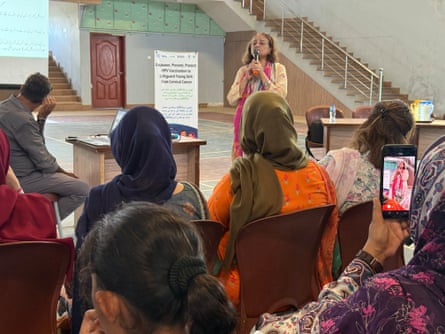
The numbers are ambitious: more than 13 million girls aged nine to 14 are due to receive the vaccine in an initiative aimed at protecting them from cervical cancer, a disease with often few symptoms that kills more than 3,000 women in Pakistan each year.
“The concerns are the same everywhere we go,” says Dr Azra Ahsan, president of Aman, one of several organisations working with the government in a 12-day drive to raise awareness about HPV and its vaccine.
In Sindh province, Ahsan’s team has worked with parents, students, teachers and healthcare workers, many of whom share similar fears. “Fertility is the most persistent concern,” she says, and misinformation about vaccines abounds.
However, Mehrunissa Asghar, 40, a vaccinator working with Help, a Sindh-based organisation that works in maternal and child health, says vaccine acceptance has improved since the Covid-19 pandemic. “I believe our job will be much easier this time,” she says.
Her colleague, Yaqoobuddin Lanjar, is less optimistic. “This is our first time, and with so little awareness, we are navigating uncharted territory,” he says. As a male vaccinator, he will not be part of the campaign – all of the 49,000 government health workers trained for it are women.
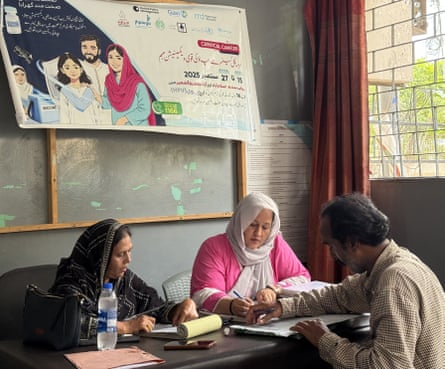
Healthcare officials and advocates hope the free vaccine rollout will not only save lives but also help break the silence surrounding the disease, and are passionate about dispelling suspicions about vaccines.
after newsletter promotion
“As one mother to another, I urge you to get your daughters vaccinated from this terrible cancer, which often goes undetected until it’s too late and the woman dies an agonising death,” says Dr Azra Fazal Pechuho, the Sindh provincial minister for health and population welfare.
Afshan Bhurgri, 59, a cervical cancer survivor, knows how dangerous silence can be. “I wouldn’t wish what I went through on anyone,” she says.
More than a decade ago, Bhurgri had surgery, chemotherapy and radiation, which left her drained physically, emotionally and financially.
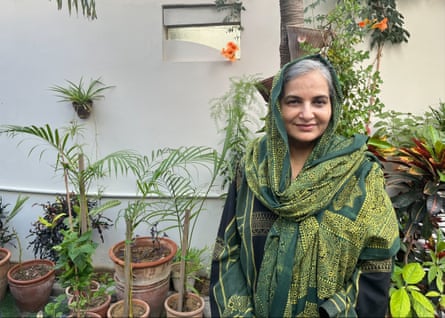
“The first thing I did after recovering was get my younger daughter vaccinated. Back then it took three expensive doses. Today, just one jab will do the job,” says Bhurgri. “And it’s free.”
In the first phase, starting next week, 13 million girls from Punjab, Sindh, Islamabad Capital Territory and Pakistan-administered Kashmir will receive a single dose of the Chinese-made HPV vaccine, Cecolin.
Nearly 50% of girls in the target age group do not attend school, so temporary vaccination centres have been set up in neighbourhoods to ensure they can also receive the vaccine.
It will then be available at government-run centres as part of the Expanded Programme on Immunisation, which already provides free vaccines for preventable diseases including tuberculosis, typhoid, polio and measles.
In future, the government will co-finance the programme with Gavi, the Vaccine Alliance, supported by local civil society groups and global partners including the World Health Organization, Unicef and Jhpiego, a US-based reproductive health organisation, as part of its commitment to vaccinate 90% of girls by 2030, towards eliminating cervical cancer.
Globally, it is the fourth-most common cancer among women, but ranks third in Pakistan, after breast and ovarian cancers, with more than 5,000 new cases reported a year, 64% of which are fatal.
Pechuho attributes the high death rate to delayed diagnoses and limited access to screening. Vaccination is only part of the solution.
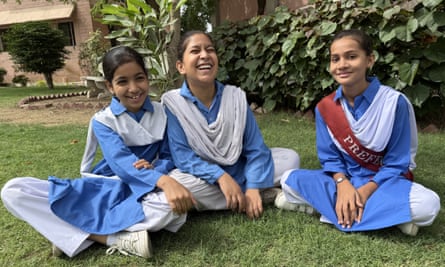
Ahsan says: “Strengthening screening and treatment is equally critical,” as awareness of screening – and of the disease itself – remains low. A 2021 study of 384 patients at the private Aga Khan university hospital in Karachi found while 61% had heard of cervical cancer and 47% were aware of smears, only 25% knew a vaccine existed.
Despite working in healthcare, Asghar only learned about cervical cancer by chance after seeing HPV listed on a child’s immunisation card from a private hospital. “I had never heard of this vaccine, so I asked doctors and they told me about the cancer and how expensive [the vaccine] used to be.”
Her three daughters, aged 16, 18 and 21, are too old to benefit.
Although Bhurgri was aware of cervical cancer and went for regular screenings, she blames doctors who remained ignorant of her condition, despite clear signs. “I was only sent for an HPV test when it was too late,” she says.

.png) 1 month ago
46
1 month ago
46


